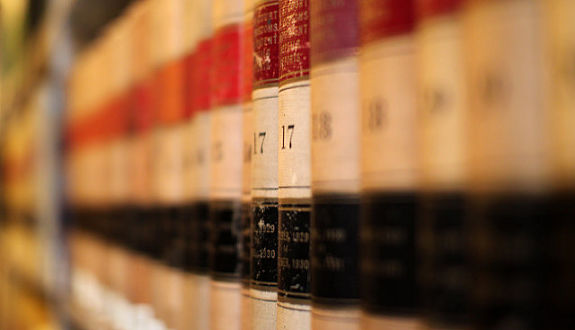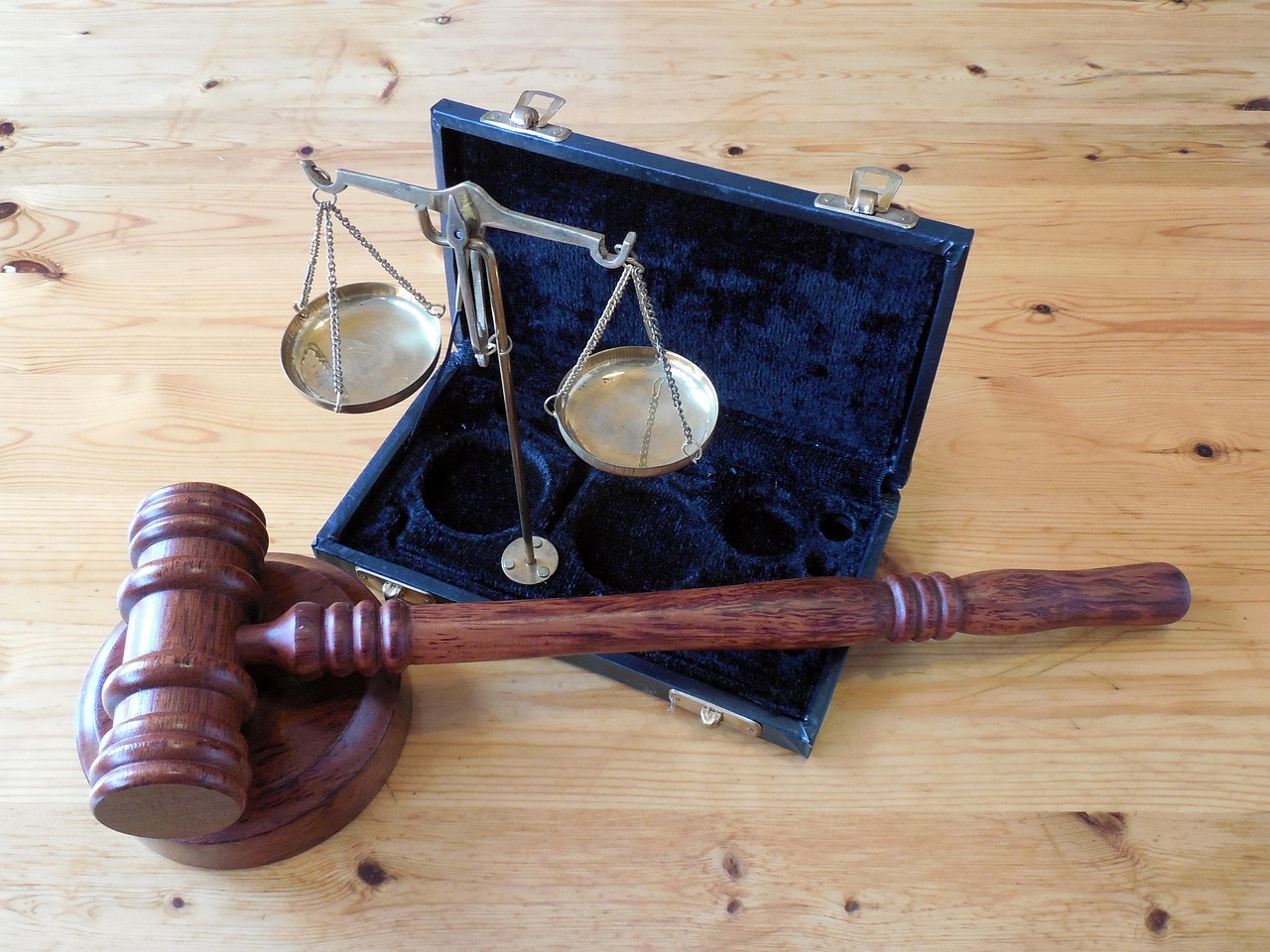
People often say that attending law school and familiarizing yourself with legal thinking is like learning a new language. One aspect of the process that makes it so unfamiliar is the prevalence of unfamiliar terms and phrases. In the interest of avoiding any potential embarrassment for incoming law students, this post is going to provide a glossary of common terms in the legal profession.
💡 Pro Tip: These terms often appear in LSAT Reading Comprehension passages on legal topics, which are already dense and challenging to navigate. By familiarizing yourself with these phrases, you can make the reading process significantly clearer.
Common Legal Terms and Phrases
Appellate Court
An appellate court reviews decisions of a trial court. A trial court is the lowest level of the court system, and its decisions can be appealed to an appellate court. Varying levels of deference are given to the determinations of the trial court depending on the issue involved.
Billable Hour
At large corporate law firms, lawyers are billed out per hour. Thus, lawyers are responsible for tracking their time in small increments, usually 6 minutes or so. The number of billable hours of an attorney is generally used as one basis for determining job performance and bonus amounts.
Class Action
A class action lawsuit is brought on behalf of a large “class” of plaintiffs. In a simple lawsuit, one plaintiff sues one defendant and a finding against the defendant entitles the individual plaintiff to relief. In a class action, a small number of “named plaintiffs” bring a lawsuit on behalf of numerous similarly-situated defendants. So, for example, if I was harmed because my car engine exploded, I could seek to sue the manufacturer on behalf of every other individual whose engine exploded as a result of the same defect.
Damages
Damages are, simply, the harm that occurred to a party as a result of a wrongful action. For example, if you punch me in the face, I can sue you for battery and assert damages for my medical expenses and my pain and suffering.
Document Review
The much maligned document review is the process of checking documents to ensure that they aren’t covered by attorney-client, or some other, privilege and to ensure their relevance to a lawsuit. In large cases, thousands, if not millions, of documents are exchanged, and it generally falls on the lowest-level attorneys to sort through the documents beforehand to ensure that there is no problem with turning them over.
In-House
An in-house attorney works for a company rather than a law firm. In-house jobs are desirable positions for lawyers hoping to leave behind the intense hours of a law firm.
Injunction
An injunction is a court order for a party to stop doing something. For example, if you’re dumping all your trash on my property, I could seek a court order to prevent you from continuing in that activity.
Partner
Generally speaking, a partner is an individual in the upper ranks at a law firm. A partner can either be an equity partner (meaning they own a share of the firm) or a non-equity partner.
Pro Bono
Pro bono work is legal work performed for free to benefit the public. Ethically, lawyers are encouraged to perform pro bono work every year. Most large law firms provide opportunities for their associates to do this work.
Public Interest
Public interest work is work on behalf of government organizations, public interest organizations, or pro bono work for a private firm. If you want to go to law school to “change the world,” you probably want to work in public interest.
Tort
A tort is a civil (not criminal) action that does not involve a breach of contract. Thus, unless you’re seeking to enforce the terms of a contract, you’re suing in tort. This could be for personal injury, constitutional rights deprivation, or something else.
With that basic primer, you’re well on your way to a grammar-school level understanding of the legal language. Good luck!
Looking for definitions of common law school admissions terms? Check out our admissions dictionary!
Are you ready to reach your LSAT potential? Blueprint LSAT has helped thousands of students increase their LSAT scores by 15 points on average. Whether it’s in a Live course led by expert Blueprint LSAT instructors, in a Self-Paced Course that gives you total control over your schedule and studying, or one-on-one with a tutor, we have the LSAT prep that fits your learning style.
Get started today for free by creating a Blueprint LSAT account!





